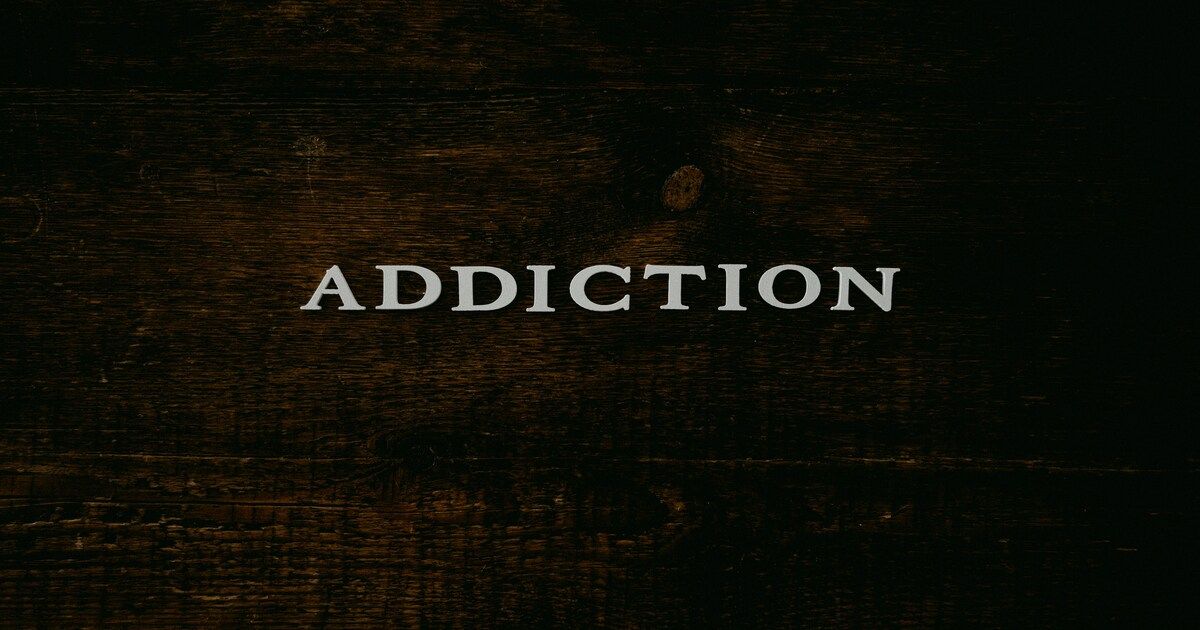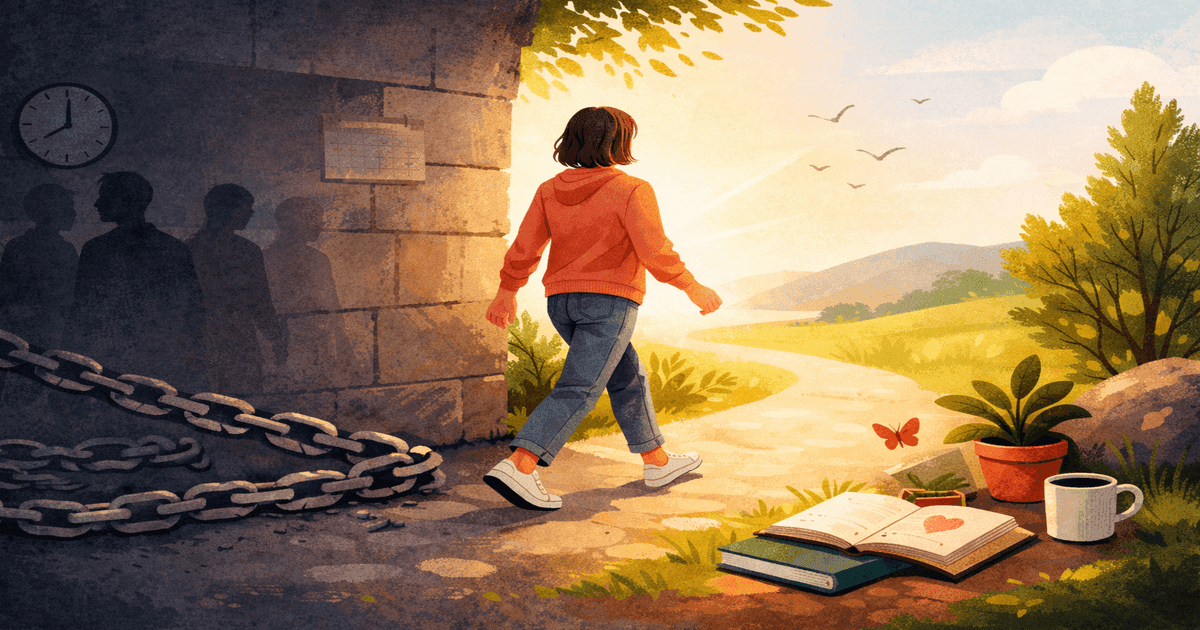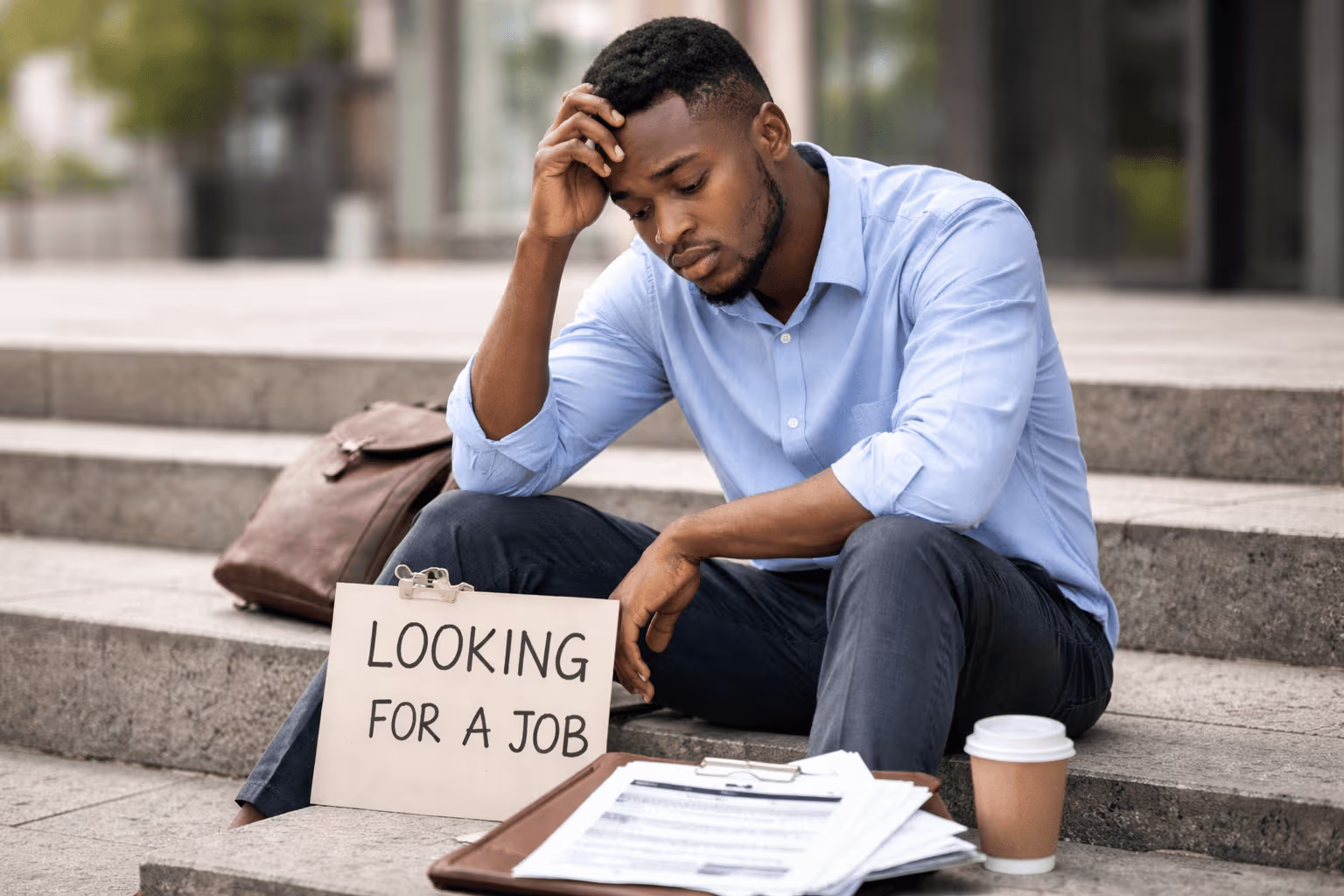Addiction is one of those topics many people are familiar with on the surface, but few are truly willing to engage deeply. It often carries a lot of stigma, judgment, and misunderstanding. Yet, more people are struggling with addiction in one form or another than we care to admit.
Do you know that addiction isn’t limited to drugs or alcohol alone? Yes, those are common, but there are other addictions that creep in quietly like gambling, pornography, or even excessive time spent on social media. And sometimes, we don’t even recognise when we’ve slipped into something that has started to control us.
What is Addiction?

Addiction is the inability to control the use of a substance or the engagement in a particular behaviour, despite being aware of its harmful consequences. It’s not just about doing something frequently, it’s about feeling powerless to stop, even when a part of you wants to.
There’s a significant difference between a habit and an addiction. While a habit can be adjusted or dropped with some effort, addiction overrides reason and restraint. The urge becomes overpowering, and people often find themselves caught in a repetitive cycle they genuinely want to escape, but don’t know how.
Addiction can be substance-based, involving things like alcohol, cigarettes, or hard drugs. It can also be behavioural, such as gambling, pornography, or compulsive eating. In both cases, the common factor is loss of control and the negative impact it begins to have on different areas of life, physically, emotionally, socially, and even spiritually.
How Addiction Affects Daily Life
One thing that makes addiction particularly damaging is how it slowly creeps into every part of a person’s life. At first, it may feel like a form of relief, a way to cope, escape, or feel better. But over time, it begins to demand more attention, more time, and more resources.
People dealing with addiction often spend hours either engaging in the act or thinking about it. It takes over their thoughts, plans, and sometimes even relationships. They may start to neglect responsibilities, lose interest in activities they once enjoyed, or isolate themselves from others. Even when the consequences are clearly negative, such as poor health, financial loss, or broken trust, the struggle to stop remains.
It’s easy for outsiders to ask, “Why can’t they just stop?” But addiction doesn’t work that way. The brain begins to associate the substance or behaviour with relief, pleasure, or escape, and over time, it becomes harder to resist the cravings. And then comes the guilt, the shame, and the sense of helplessness that follows each relapse.
What Are the Common Symptoms of Addiction?
While addiction doesn’t always look the same for everyone, there are some signs that often show up. These include:
- Spending an unusual amount of time engaging in or recovering from the addictive behaviour.
- Feeling anxious, restless, or irritable when unable to access the substance or activity.
- Neglecting important areas of life such as work, family, studies, personal health.
- Trying to stop multiple times but being unable to follow through.
- Hiding the extent of the behaviour or lying about it to others.
- Continuing the behaviour even after experiencing negative outcomes.
It’s important to note that addiction doesn’t always mean full-blown chaos at the beginning. Sometimes it starts subtly, almost harmlessly. But over time, the consequences become more visible, and the toll on mental and emotional health deepens.
Why People Become Addicted
Addiction is rarely just about the substance or behaviour itself. Most times, it’s a response to something deeper; emotional pain, trauma, stress, isolation, or unresolved wounds. People may turn to certain behaviours as a way of coping or escaping what they don't want to confront.
In other cases, addiction develops because of environmental influences, peer pressure, or exposure at an early age.
Genetic factors may also play a role in making some people more susceptible than others This means that for some individuals, addiction may run in the family. Certain genes can influence how a person responds to substances or stress, and may affect their ability to regulate impulses or cope with difficult emotions. While genetics alone don’t determine a person’s fate, they can increase vulnerability, especially when combined with environmental or psychological factors.
There’s also the brain chemistry part of it. Engaging in addictive behaviours releases dopamine, the feel-good chemical and over time, the brain starts to crave that feeling more and more. This explains why people find it difficult to stop, even when they want to.
While your addiction may be influenced by trauma, stress, your environment, or even genetics, However, these influences don’t mean the person is powerless. These elements may shape their path but personal choices still play a significant role. Addiction often begins as a way a person responds, and over time, those responses can become patterns that are difficult to break. Recognizing this is not about placing blame; it’s about understanding that taking responsibility is a crucial part of the healing journey.
Is There a Way Out?
Yes, there is. But the truth is that recovery from addiction is rarely a straight road. It takes honesty, support, and a willingness to confront what led there in the first place.
1. Identify the Triggers
One of the first and most helpful steps is identifying what triggers the behaviour. Is it boredom, stress, loneliness, or a specific situation? Recognising the patterns that lead to addiction helps you prepare for them and create better responses.
2. Find Healthier Alternatives
Also, finding healthier alternatives makes a huge difference. It could be taking a walk when the urge arises, journaling your thoughts, reaching out to a friend, or engaging in a hobby that allows you to release tension in a constructive way.

3. Seek Professional Help
In more serious cases, professional help is necessary. Therapy (online or physical), support groups, or rehabilitation programmes can offer the tools and structure needed to break free from addiction. And seeking help is not weakness, it’s courage.
4. Have an Accountability Partner
Having an accountability partner can help as well. There should be someone you trust, who won’t judge you but will check in on you, encourage you, and remind you of your goals when it gets tough.
Addiction Is Not the End
Addiction can feel like a never-ending cycle, one that drains your energy, clouds your mind, and dims your self-worth. But you must remember that recovery is possible. People come out on the other side and they heal.
The journey might be long, with relapses and hard days, but every small decision to choose differently counts. Even recognising that you have a problem is already a big step forward.
If you are struggling, know that you’re not alone and you are not beyond help. Your life is still full of meaning. So, start small, seek support and replace shame with compassion. And slowly, step by step, you’ll find your way back to freedom.
To get the professional help you need, you can book your first session or start with an initial consultation.



